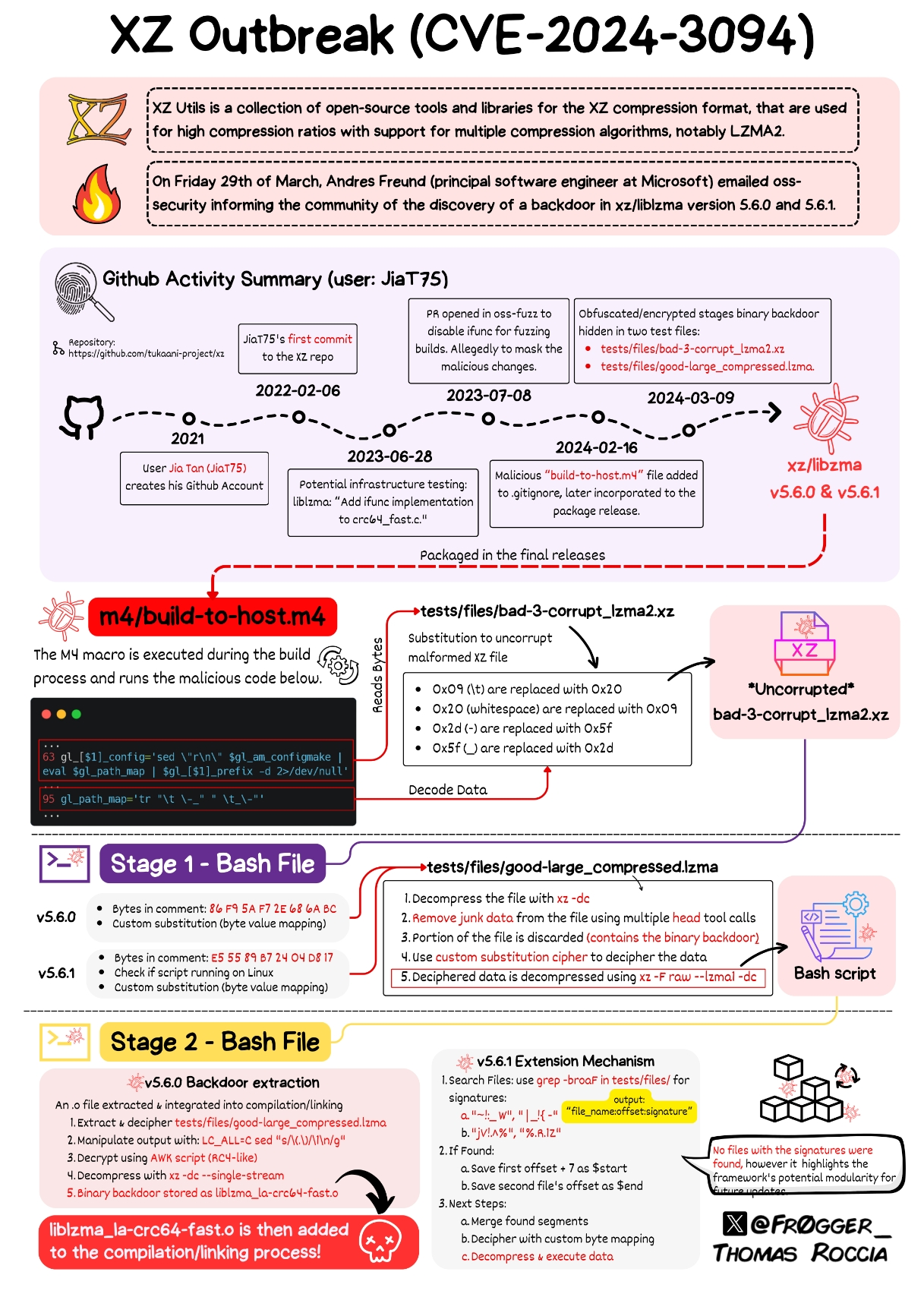this post was submitted on 01 Apr 2024
1211 points (99.2% liked)
Linux
48328 readers
602 users here now
From Wikipedia, the free encyclopedia
Linux is a family of open source Unix-like operating systems based on the Linux kernel, an operating system kernel first released on September 17, 1991 by Linus Torvalds. Linux is typically packaged in a Linux distribution (or distro for short).
Distributions include the Linux kernel and supporting system software and libraries, many of which are provided by the GNU Project. Many Linux distributions use the word "Linux" in their name, but the Free Software Foundation uses the name GNU/Linux to emphasize the importance of GNU software, causing some controversy.
Rules
- Posts must be relevant to operating systems running the Linux kernel. GNU/Linux or otherwise.
- No misinformation
- No NSFW content
- No hate speech, bigotry, etc
Related Communities
Community icon by Alpár-Etele Méder, licensed under CC BY 3.0
founded 5 years ago
MODERATORS
you are viewing a single comment's thread
view the rest of the comments
view the rest of the comments

From what I've heard so far, it's NOT an authentication bypass, but a gated remote code execution.
There's some discussion on that here: https://bsky.app/profile/filippo.abyssdomain.expert/post/3kowjkx2njy2b
But it would be nice to have a similar digram like OP's to understand how exactly it does the RCE and implements the SSH backdoor. If we understand how, maybe we can take measures to prevent similar exploits in the future.
I think ideas about prevention should be more concerned with the social engineering aspect of this attack. The code itself is certainly cleverly hidden, but any bad actor who gains the kind of access as Jia did could likely pull off something similar without duplicating their specific method or technique.
Ideally you need a double-blind checking mechanism definitionally impervious to social engineering.
That may be possible in larger projects but I doubt you can do much in where you have very few maintainers.
I bet the lesson here for future attackers is: do not affect start-up time.
I imagine if this attacker wasn't in a rush to get the backdoor into the upcoming Debian and Fedora stable releases he would have been able to notice and correct the increased CPU usage tell and remain undetected.